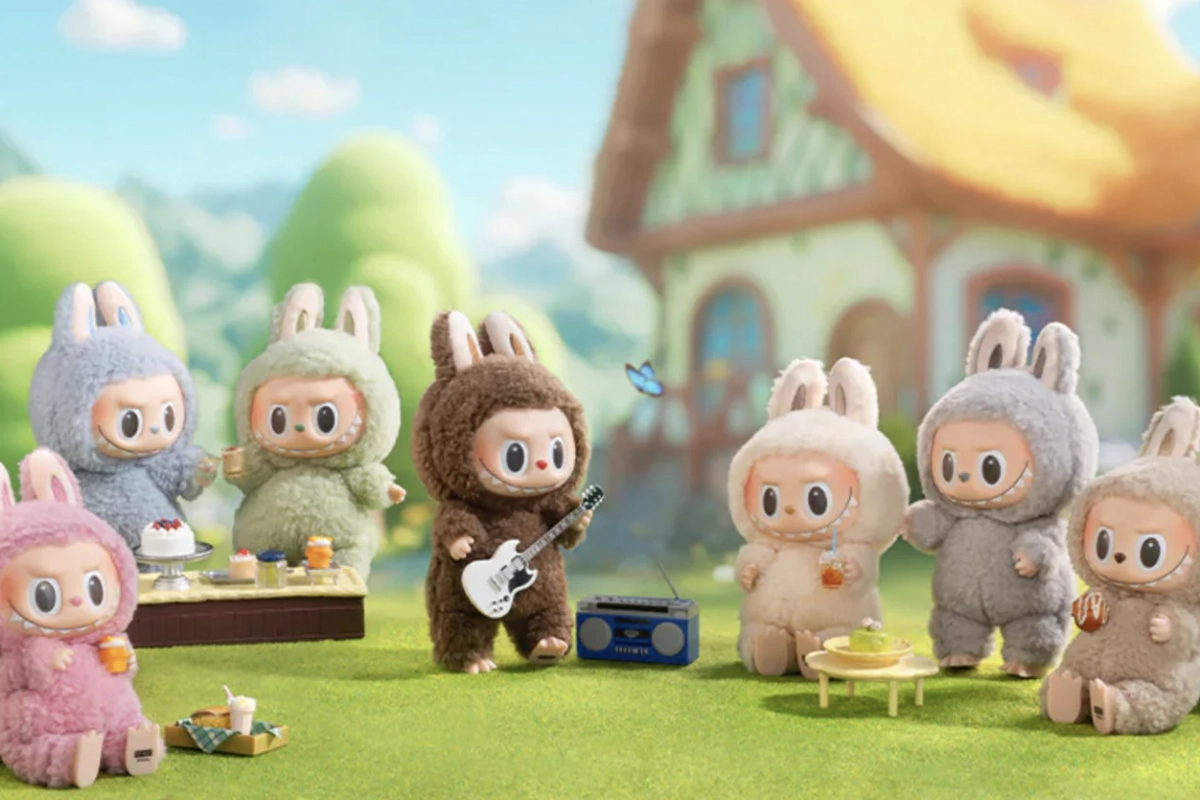
With tariffs about to take effect and the economy feeling shakier than a house of cards, I'm guessing you might be wondering: Is now really the time to ask customers to spend money on a subscription or membership?
Plot twist: It might actually be the perfect time. But probably not for the reasons you think.
Let me tell you about something called "The Lipstick Effect."
Back in the early 2000s, Leonard Lauder (chairman of Estée Lauder) noticed something fascinating. During economic downturns, while sales of big-ticket items plummeted, lipstick sales actually increased.
He coined this "The Lipstick Effect" - the phenomenon where sales of affordable luxury goods spike during tough economic times.
Here's the psychology: When people are cutting back on major purchases, they still crave small indulgences that make them feel normal, pampered, or just a little bit fancy. A $25 lipstick feels like a treat when a $250 handbag feels irresponsible.
Quick gut check: Are your customers pulling back from your higher-priced offerings right now?
If your bigger courses and programs aren't selling like they used to, here's your answer: Give them a smaller monthly way to stay connected to you instead.
Think about it:
Want evidence this is happening? While the housing market is basically a dumpster fire, sales of small collectibles like Labubu figures are absolutely through the roof. People who can't afford a house can still afford a $15 blind box that brings a moment of joy. (So maybe we should call this the Labubu Effect instead.)
Subscription boxes, monthly memberships, affordable courses, small recurring purchases - these are all thriving because they scratch the same psychological itch as that lipstick.
Instead of panicking about slower big-ticket sales, consider this your opportunity to:
The businesses that thrive during economic uncertainty aren't the ones that disappear until things get better. They're the ones that adapt to meet their customers where they are right now.
Your customers still want to work with you. They're just being more careful about big financial commitments. Give them a small way to say yes, and they'll stay loyal until they're ready for the bigger yes again.
What's the "lipstick" version of your business?
P.S. Leonard Lauder was onto something profound: People don't stop wanting to feel good about themselves during tough times - they just change how they do it. Your job is to figure out what that looks like for your audience.